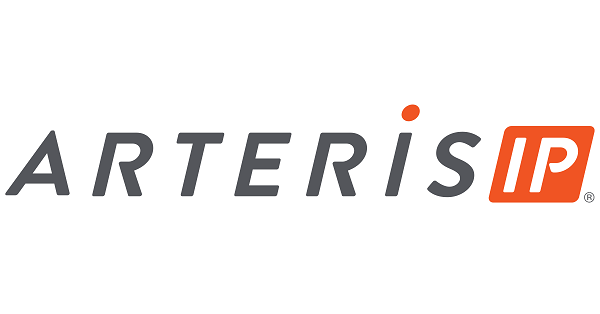CAMPBELL, Calif. – May 2, 2023 – Arteris, Inc. (Nasdaq: AIP), a provider of system IP designed to accelerate system-on-chip (SoC) creation, today announced that Tenstorrent, the Toronto-based AI chip startup, has licensed Ncore and FlexNoC interconnect IP for its AI chiplet systems.
According to Arteris, the flexible network-on-chip (NoC) interconnect meets the demanding time-to-market and performance requirements needed to deliver the future generation of AI solutions for edge devices, edge servers and cloud servers.
Tenstorrent combines AI and RISC-V computing together to deliver highly customized, high-performance chiplet and computing solutions that are tailored to specific workloads and applications. By using chiplets to create modular, scalable systems and RISC-V to design custom processors and accelerators, developers can create cost-effective multi-chip components and server systems that deliver powerful performance and next-level energy efficiency.
“We are happy to share that we are partnering with Arteris to use Ncore and FlexNoC IP in our next-generation product,” said Jim Keller, CEO of Tenstorrent. “The combination of performance and features made it a great choice for both our AI chips and our high-performance RISC-V CPUs. The Arteris team and IP solved our on-chip network problems so we can focus on building our next-generation AI and RISC-V CPU products.”
“Tenstorrent’s next-generation AI computing will further push the envelope on high-end RISC-V deep learning, which requires high-bandwidth, low-latency heterogeneous compute with interconnects to optimize data flow and overall performance,” said K. Charles Janac, president and CEO of Arteris. “Our silicon-proven IP technology is built to meet the demands of such AI and ML solutions, fueling the next wave of innovation.”
Arteris’ cache coherent and non-coherent NoC IPs are highly configurable, ensuring high-performance data movement across CPU workloads. With its advanced features such as congestion management, quality of service (QoS) and error detection and correction, Ncore and FlexNoC enable low-latency, power-efficient communication between CPU clusters, resulting in high performance and productivity.




